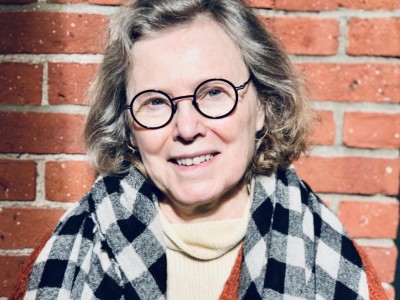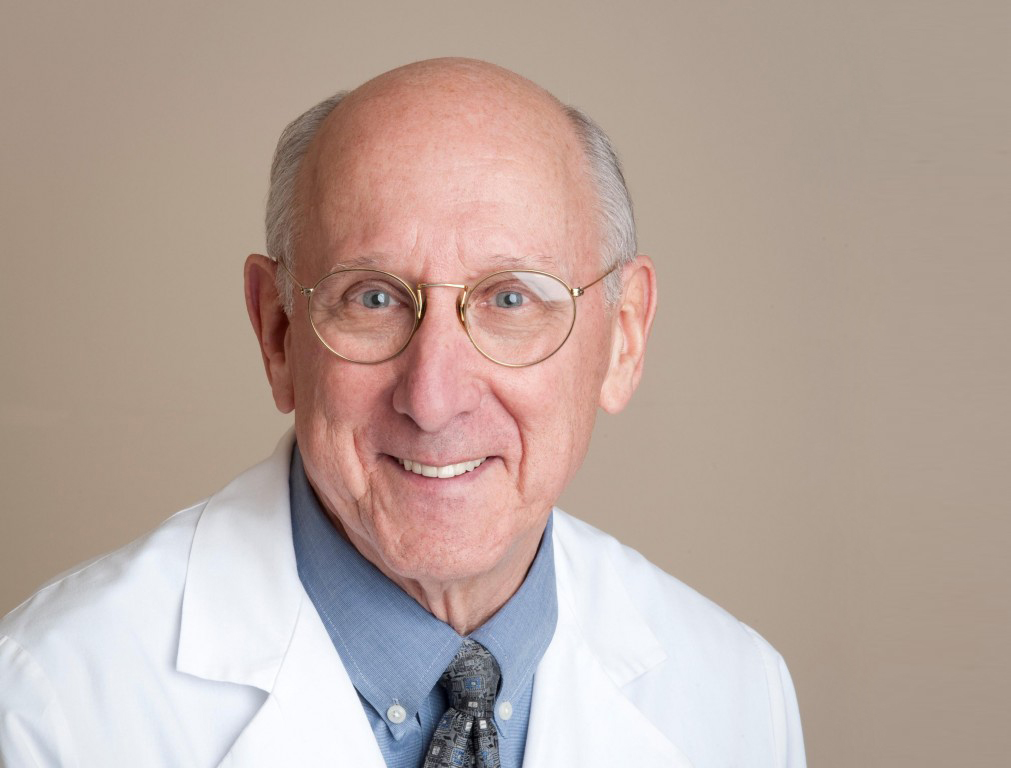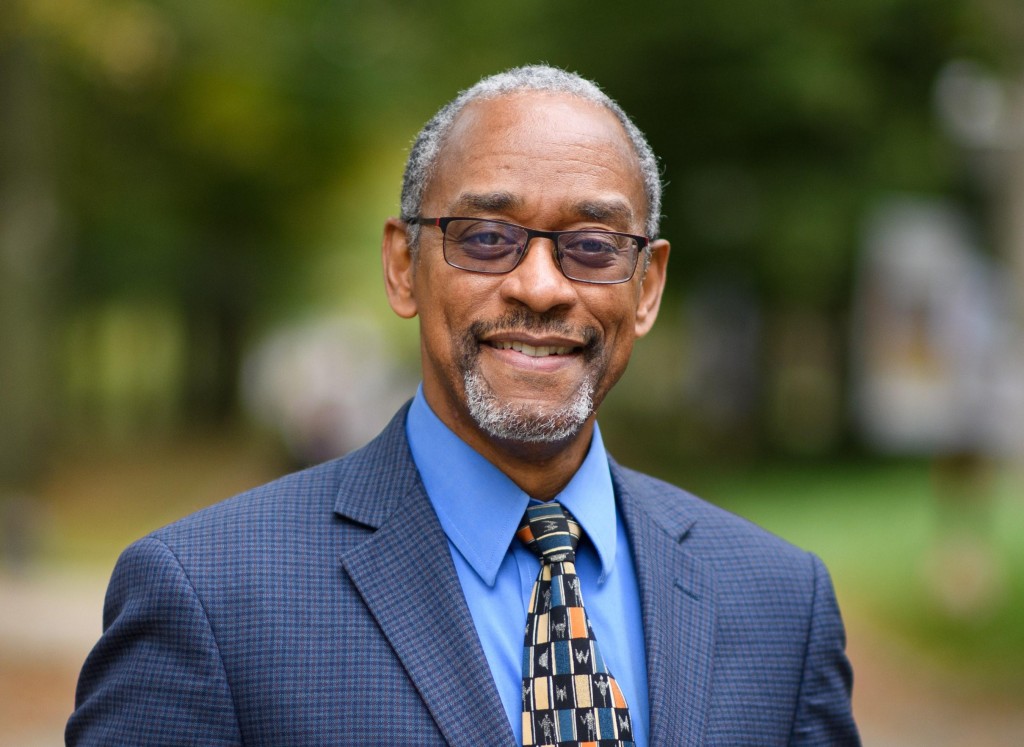Prof. Katharine Park

Prof. Katharine Park
Prof. Katharine Park studies the histories of the body, of sex difference, and medicine in medieval and Renaissance Europe.
Samuel Zemurray, Jr. and Doris Zemurray Stone Radcliffe Professor Emerita of the History of Science at Harvard University, Park uses visual and textual sources to foreground the work of the many women and men who worked as healers outside the system of academic medicine, as well as the lives and deaths of the women whose bodies became the first objects of human dissection.
She broadens the range of historical actors studied by most historians of early medicine, looking beyond the highly educated authors of texts and treatises to include members of other social groups invested in the empirical study of human bodies and the natural world. This included most women, who were largely responsible for caring for the health of their families, dependents, and neighbors inside and outside the context of the household, as well as specialists who provided assistance in conceiving, managing pregnancy, and childbirth. Others included hospital workers, empirical surgical specialists who treated conditions such as cataracts and hernias, collectors and suppliers of medicinal plants, and snakehandlers peddling poison antidotes.
Professor Park is currently engaged in a collaborative project that aims to rewrite the history of early Western science and medicine by studying the Medieval Greek, Arabic, and Latin traditions not as successive stages in a story that culminated in the Western European invention of “modern science,” but as contemporaneous enterprises that developed in ongoing communication with one another.
Her research has been supported by appointments at the Max Planck Society for the History of Science in Berlin and the Harvard University Center for Italian Renaissance Studies at the Villa I Tatti in Florence. Her academic honors include the Sarton Medal of the History of Science Society, for lifetime achievement in that field, and election to the American Academy of Arts and Sciences. Her book, Wonders and the Order of Nature, 1100-1700 (1997), co-authored with 2018 Dan David Prize Laureate Lorraine Daston, won the Pfizer Prize of the History of Science Society, and her Secrets of Women: Gender, Generation, and the Origins of Human Dissection, won the Welch Medal of the American Association of the History of Medicine, for the best books in their respective disciplines.


